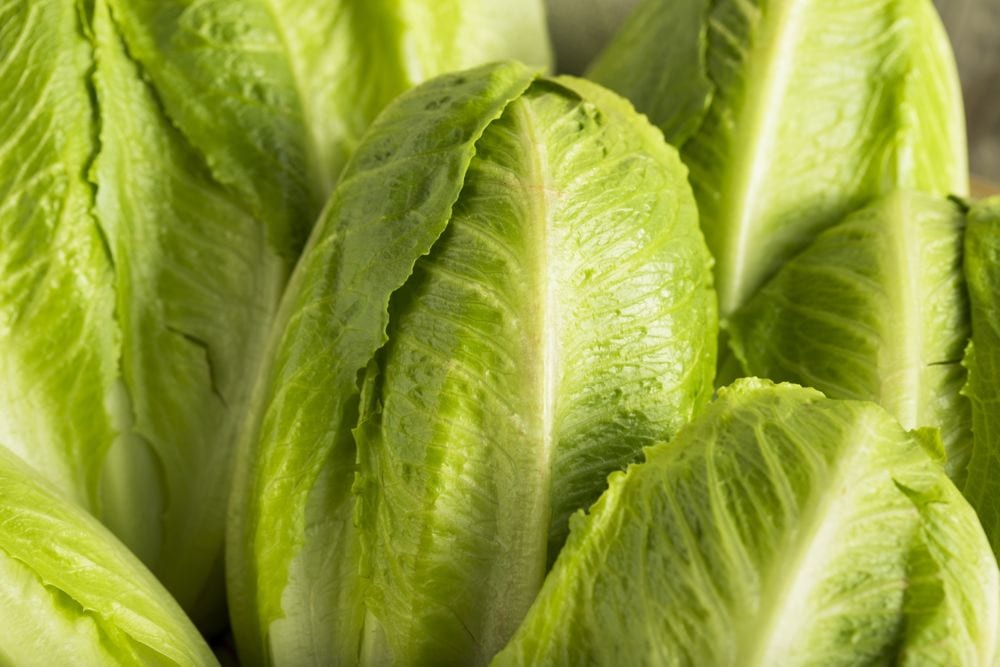Reuters — Public health officials in the U.S. and Canada on Tuesday warned against eating romaine lettuce while they investigate an outbreak of E. coli that has sickened 50 people in the two countries, including 13 who were hospitalized.
The alerts, issued as millions of Americans plan their Thanksgiving Day menus, covered all forms of romaine, including whole heads, hearts, bags, mixes and Caesar salad.
Officials were uncertain of the source of the tainted lettuce.
“Consumers who have any type of romaine lettuce in their home should not eat it and should throw it away, even if some of it was eaten and no one has gotten sick,” the U.S. Centers for Disease Control said in its food safety alert.
Read Also

U.S. grains: Soybeans rise on export optimism; corn, wheat nearly flat
Chicago | Reuters – Chicago soybean futures rose about one per cent on Tuesday on optimism about demand for U.S….
Refrigerator drawers and shelves where romaine lettuce had been stored should be sanitized, the CDC said.
The Public Health Agency of Canada, which is investigating 15 E. coli cases in Quebec and three in Ontario, directed its romaine lettuce alert at consumers in those two provinces.
In the U.S., the CDC said the outbreak affected 32 people in 11 states between Oct. 8 and 31. No deaths have been reported, both agencies said.
Symptoms of the infection often include a moderate fever, severe stomach cramps, vomiting and diarrhea, which is often bloody, the CDC said. Most people get better in five to seven days, but it can be life-threatening, it said.
The agency said the current outbreak is unrelated to another multi-state rash of E. coli infections related to romaine lettuce earlier this year that left five people dead and sickened nearly 200.
The U.S. Food and Drug Administration and the CDC traced the origin of that contamination to irrigation water in the Yuma, Arizona growing region.
PHAC said Tuesday that analysis shows the illnesses reported in the latest outbreak are genetically related to illnesses reported in a previous E. coli outbreak from December 2017 that affected consumers in both Canada and the U.S.
“This tells us that the same strain of E. coli is causing illness in Canada and the U.S. as was seen in 2017 and it suggests there may be a reoccurring source of contamination.”
Individuals in the Ontario and Quebec cases reported eating romaine lettuce at home, as well as in prepared salads from grocery stores, and in menu items ordered at restaurants and fast food chains, PHAC said.
— Reporting for Reuters by Peter Szekely in New York. Includes files from Glacier FarmMedia Network staff.















